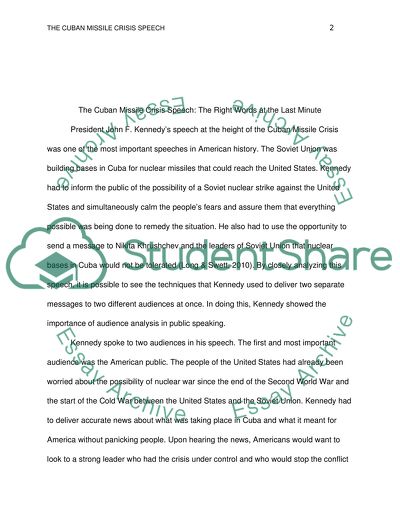Cite this document
(“Speech Term Paper Example | Topics and Well Written Essays - 1500 words”, n.d.)
Retrieved from https://studentshare.org/environmental-studies/1411394-speech
Retrieved from https://studentshare.org/environmental-studies/1411394-speech
(Speech Term Paper Example | Topics and Well Written Essays - 1500 Words)
https://studentshare.org/environmental-studies/1411394-speech.
https://studentshare.org/environmental-studies/1411394-speech.
“Speech Term Paper Example | Topics and Well Written Essays - 1500 Words”, n.d. https://studentshare.org/environmental-studies/1411394-speech.


